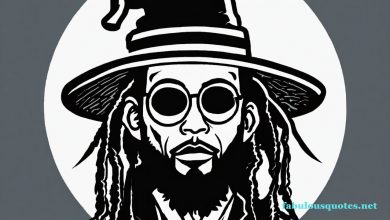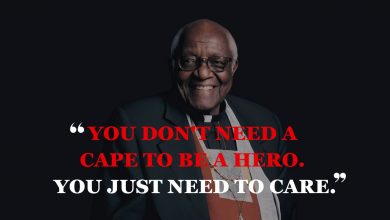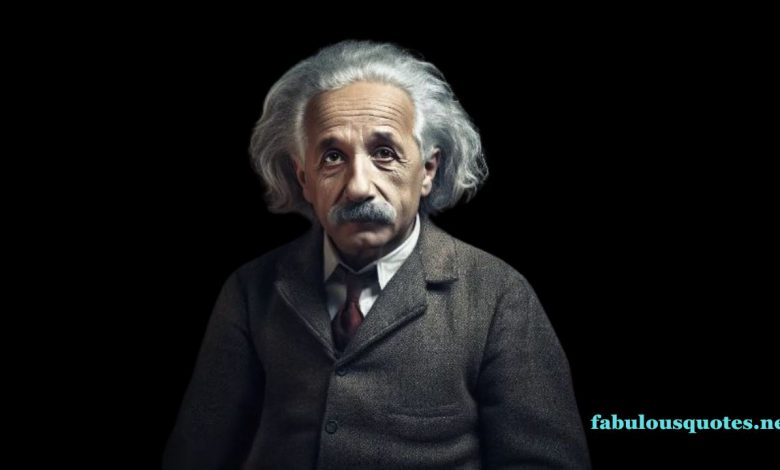
Best Albert Einstein Quotes About education
Embark on a journey of wisdom with ‘Best Albert Einstein Quotes About Education‘ at fabulousquotes.net. Albert Einstein, a luminary in the world of science, was not only known for his groundbreaking theories but also for his insightful views on education. His thoughts on learning, curiosity, and the pursuit of knowledge have inspired generations. In this collection, we delve into Einstein’s profound and often thought-provoking perspectives on education. These quotes reflect his belief in the power of continuous learning and intellectual growth. Whether you’re a student, educator, or lifelong learner, these Albert Einstein quotes about education will challenge your thoughts and ignite your passion for knowledge.
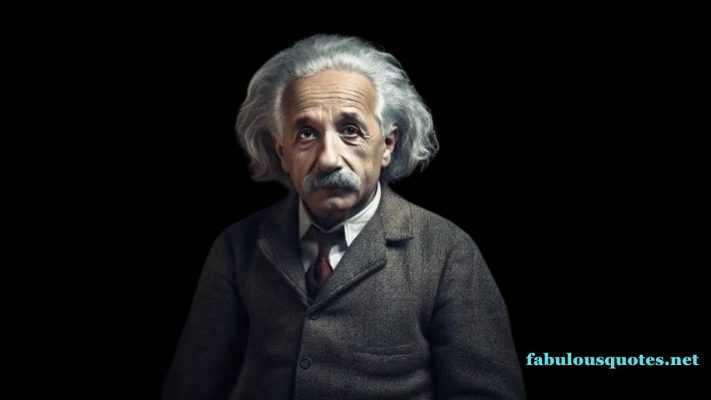
Table of Contents,
Best Albert Einstein Quotes About education
“The difference between stupidity and genius is that genius has its limits.”
“Education is not the learning of facts, but the training of the mind to think.”
“Learning is experience. Everything else is just information.”
“Once you stop learning, you start dying.”
“Imagination is more important than knowledge.”
“Education is what remains after one has forgotten what one has learned in school.”
“I have no special talents. I am only passionately curious.”
“The important thing is not to stop questioning. Curiosity has its own reason for existing.”
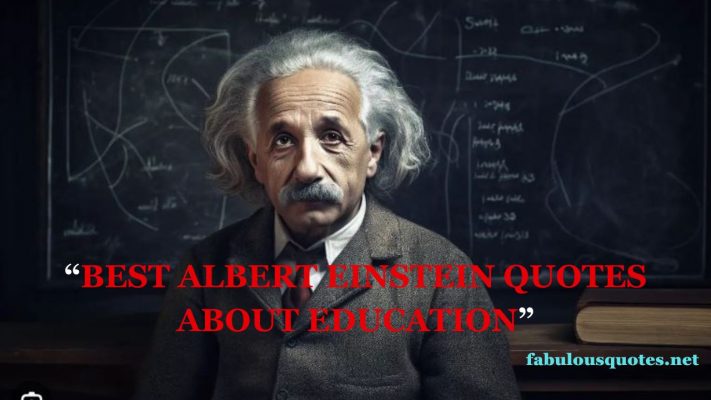
“Any fool can know. The point is to understand.”
“The only source of knowledge is experience.”
“Play is the highest form of research.”
“Do not worry about your difficulties in mathematics. I can assure you mine are still greater.”
“If you can’t explain it simply, you don’t understand it well enough.”
Watch video Albert Einstein Quotes About education
Who is Albert Einstein ?
See more: 20+ Albert Einstein Quotes About success
Albert Einstein quotes education is not the learning of facts
“Education is not the learning of facts, but the training of the mind to think.”
This quote emphasizes Einstein’s belief that education should focus more on developing critical thinking and problem-solving skills, rather than simply memorizing information. He advocates for an approach to education that encourages curiosity, questioning, and a deeper understanding of concepts, rather than rote learning. This perspective has been influential in shaping modern educational philosophies that prioritize critical thinking and creativity over mere knowledge retention.



